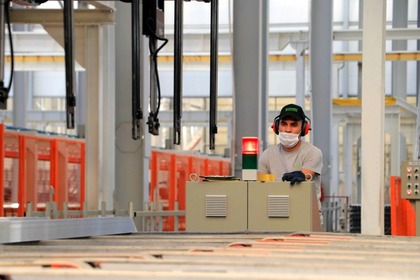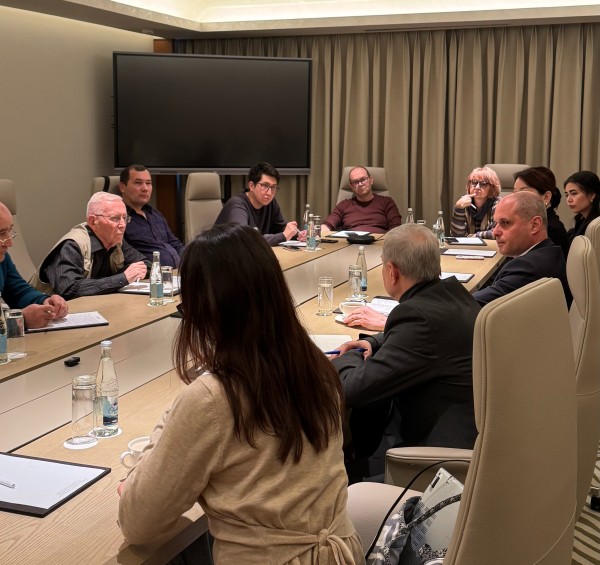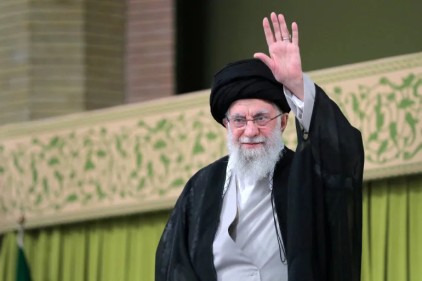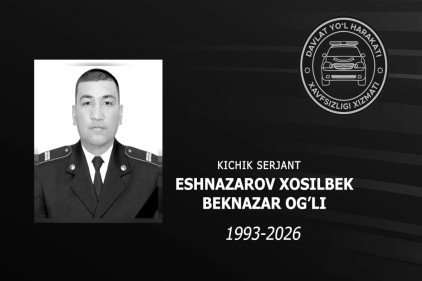The national qualifications system in Uzbekistan will be reformed. This was discussed on September 24 during a presentation to the president Shavkat Mirziyoyev.
Reportedly, standards have not been developed in this area for more than 1,000 blue-collar jobs. Qualifications for some jobs do not meet international requirements.
In this regard, the Prime Minister will now head the Republican Council for the Development of Professional Qualifications and Knowledge instead of the Minister of Employment and Poverty Reduction. 24 new sectoral councils will be set up within the council.
Meanwhile, the Institute for the Development of the National Qualifications System will be created under the Center for Education Projects. The Institute will develop a new edition of the National Qualifications Framework based on the best practices of developed countries (the latest version was adopted in May 2020).
The presentation also proposed to revise the classifier of positions and professions with the inclusion of about 100 modern professions and the exclusion of those that have lost their practical significance.
"We are discussing the issue of recognizing qualifications accepted here abroad. For example, we have about 8,000 standards for professions and there are requirements for them. There are requirements for accountants, for engineers, for process engineers. Most of them are already outdated. We must update them. A technologist today is fundamentally different from a process engineer 20 years ago. The president set the task of making the requirements for professions modern and meeting the needs of employers," said Adham Khudoykulov, Director of the Project Office "Center for Education Projects."
Shavkat Mirziyoyev expressed his vision on the equipping technical schools with equipment and tools, training workers in blue-collar jobs that meet modern requirements, and increasing the share of practical classes.
This presentation also announced plans to transform all colleges and vocational schools into technical schools, and some buildings will be transferred to schools. Technical schools will receive partial academic independence and will be able to provide paid services. The British BTEC program will be implemented in 14 of them.














